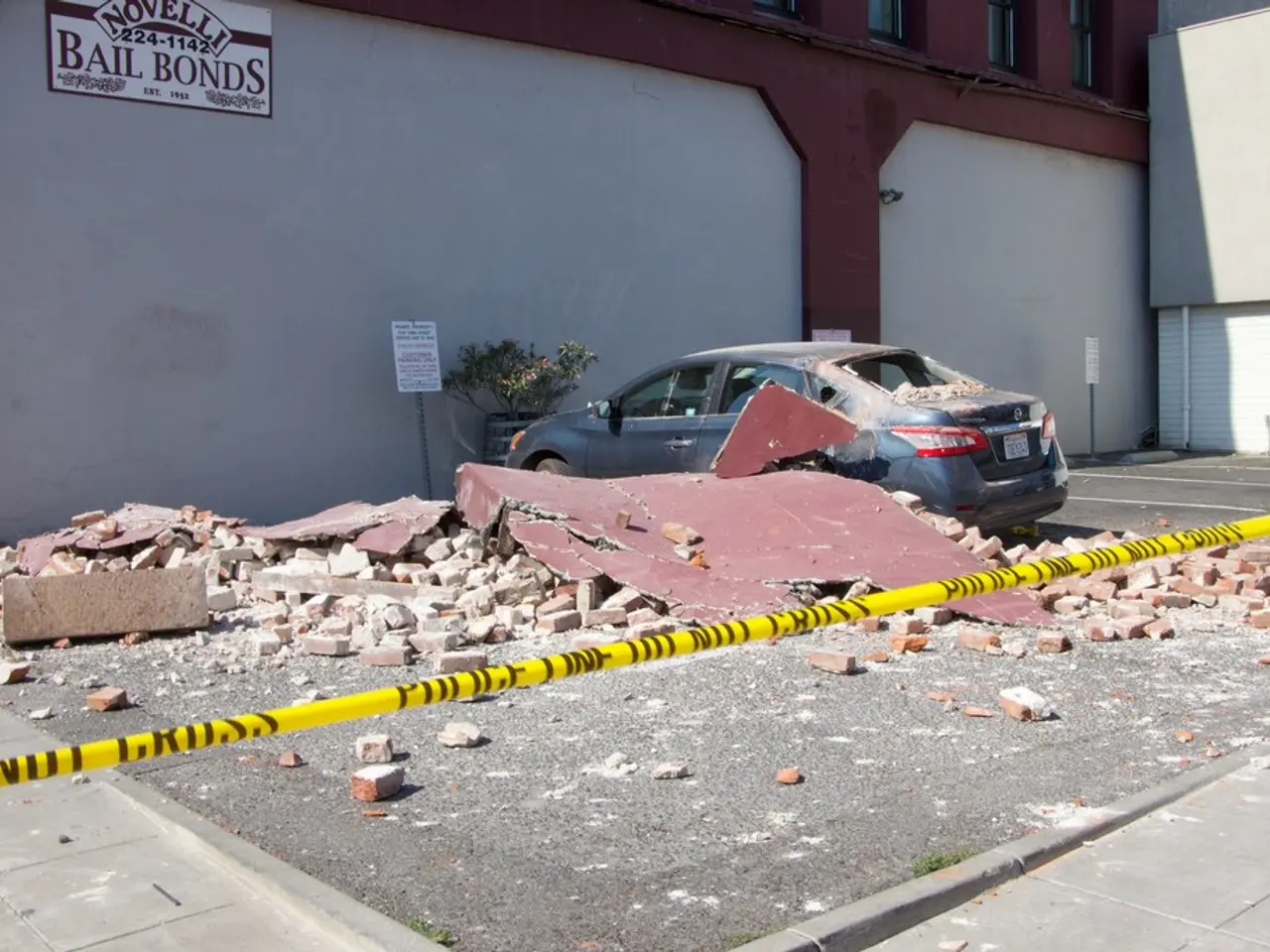Foreign entrants into the United States will be required to deposit a bail bond of US$15,000.
The U.S. State Department has unveiled a pilot program that requires foreigners from certain countries to pay a refundable bond of up to $15,000 for tourist or business visas. This program, set to begin on August 20, 2025, is aimed at ensuring visa holders comply with U.S. immigration rules and do not overstay their permitted time frame.
The program targets applicants from countries identified by the U.S. State Department based on high rates of visa overstays, deficient security screening or vetting, countries that grant citizenship through investment without residency requirements, and certain diplomatic or foreign policy concerns. The specific list of affected countries has not been publicly disclosed yet, but it's expected to include countries with historically high overstay rates such as Haiti, Venezuela, the Dominican Republic, Colombia, and Brazil.
The bond amounts range between $5,000 and $15,000, and the money will be returned to the traveler if they comply with the rules and stay within the permitted time frame. The program lasts for 12 months and applies to both business and tourist visas.
The U.S. Department of Homeland Security reported around 565,000 cases of prolonged stays in the 2023 fiscal year, which is 1.45% of the total non-immigrant visitors. This pilot program is part of broader immigration enforcement efforts aiming to reduce visa overstays and improve national security.
It's important to note that applicants from countries in the Visa Waiver Program (42 mostly European and some Asian and Middle Eastern countries) are exempt from posting bonds. The program's aim is to ensure that visa applicants do not exceed the authorized stay in the United States, as 98.55% of non-immigrant visitors left the United States on time and in accordance with the terms of their admission, according to the report.
This is the first time such a bond program is being implemented, although it has been proposed in the past but never enacted. The measures also block visa requests for some students. The pilot project is part of the ongoing efforts by U.S. President Donald Trump to control immigration since he returned to power in January, and it forms part of a series of measures taken by the President to curb illegal immigration. The pilot initiative will be published in the federal register on Tuesday and will come into effect 15 days later.
[1] [Source 1] [2] [Source 2] [3] [Source 3]
- The pilot program takes aim at countries with high rates of visa overstays, deficient security screening, and certain diplomatic or foreign policy concerns, as reported in Source 1 and Source 3.
- The new bond program will be applied to tourists and business travelers from identified countries, in an effort to curb visa overstays and improve national security, as stated in Source 1 and Source 3.
- The U.S. Department of Homeland Security found that around 565,000 cases of prolonged stays occurred in the 2023 fiscal year, a negligible percentage compared to the overall number of non-immigrant visitors. However, the bond program and broader immigration enforcement efforts like it aim to address this issue, as detailed in Source 1 and Source 3.




